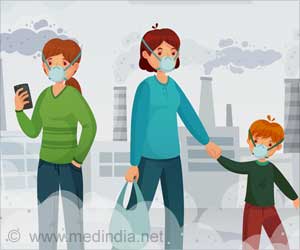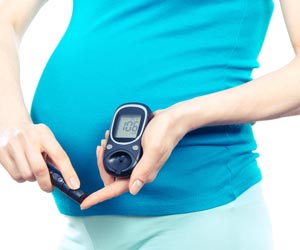Moderate coffee is generally heart-safe, possibly protective, but excess raises BP, heart rate in sensitive individuals.

Caffeine and Heart Disease
Go to source). Recognizing warning signs such as chest pain or tightness after consuming coffee may indicate caffeine-induced vasoconstriction or increased blood pressure, potentially straining the heart and causing discomfort.
‘#Chestpain or tightness following #coffee consumption may suggest caffeine-induced vasoconstriction or elevated #bloodpressure #hearthealth #coffeebenefits’





Coffee, celebrated globally for its stimulating effects from caffeine, poses risks when consumed excessively. Caffeine acts as a stimulant, increasing heart rate and potentially elevating blood pressure. For individuals with underlying heart conditions or sensitivity to caffeine, this can lead to adverse effects such as palpitations and increased cardiovascular strain. Key Warning Signs to Watch Out for in Increased Coffee Consumption
- Palpitations and irregular heartbeat: A racing or uneven heart rhythm after coffee might indicate caffeine sensitivity or an underlying condition.
- Increased heart rate: Coffee can temporarily raise your heart rate, especially if you're not a regular drinker or have low caffeine tolerance.
- Chest pain or discomfort: Tightness or pain in the chest could be due to caffeine causing your blood vessels to narrow or blood pressure to rise.
- Shortness of breath: Difficulty breathing can be linked to caffeine's effects on your breathing and heart function.
- Dizziness or lightheadedness: Feeling dizzy might be caused by caffeine affecting your blood flow and pressure.
- Fatigue or weakness: The initial energy boost from coffee can lead to a crash later, causing tiredness. Disrupted sleep due to excessive caffeine can also contribute to fatigue and impact your heart health in the long run.
Reference:
- Caffeine and Heart Disease - (https://www.heart.org/en/healthy-living/healthy-eating/eat-smart/nutrition-basics/caffeine-and-heart-disease)
Source-Medindia















